The Ministry of Maritime Affairs and Fisheries (KKP) is dedicated to achieving sustainable fisheries management in Indonesia. One of its key initiatives is the implementation of the Measured Fish Capture (PIT) policy, a priority agenda within the Blue Economy framework. PIT regulates fish catch quotas and zones with the aim of preserving fisheries resources, protecting the environment, and promoting national economic equality.
The PIT policy involves developing highly skilled Human Resources (HR) in the fisheries sector. Through this program, the Marine and Fisheries Human Resources Development and Extension Agency (BPPSDM KP) places students from KKP’s educational units in various fishing ports across Indonesia.
Placing HR through Internship Programs
Students from KKP’s educational units are given the opportunity to learn at post-production fish landing bases. The placement of students in 30 fishing ports is part of the implementation of the Field Work Practice curriculum.
Internship programs are considered a strategic step in developing fisheries HR. During these programs, students engage in landing management, including recording data on the quantity and types of fish, knowledge of Fishing Gear (API), and activities in fishing ports. The goal is to enhance the skills and competencies of students and involve them directly in sustainable fisheries management practices.
The Importance of PIT Implementation for Sustainable Fisheries
The Head of BPPSDM KP, I Nyoman Radiarta, recognizes the importance of PIT as an effective method for implementing sustainable fisheries and maintaining the balance of marine ecosystems. BPPSDM KP is committed to fully supporting all programs related to PIT.
PIT implementation requires trained and competent HR in various aspects of fisheries management. Therefore, the government will continue to improve the quality of education and training for students from KKP’s educational units. “We will all work together with the team, instructors, and relevant stakeholders to ensure that this activity runs smoothly and effectively,” said Nyoman.
Minister of Maritime Affairs and Fisheries, Sakti Wahyu Trenggono, emphasizes the importance of excellent HR in achieving the success of the Blue Economy Program and Policy. HR quality must be a top priority, especially in sustainable fisheries management.
Aruna’s Support for PIT Policy
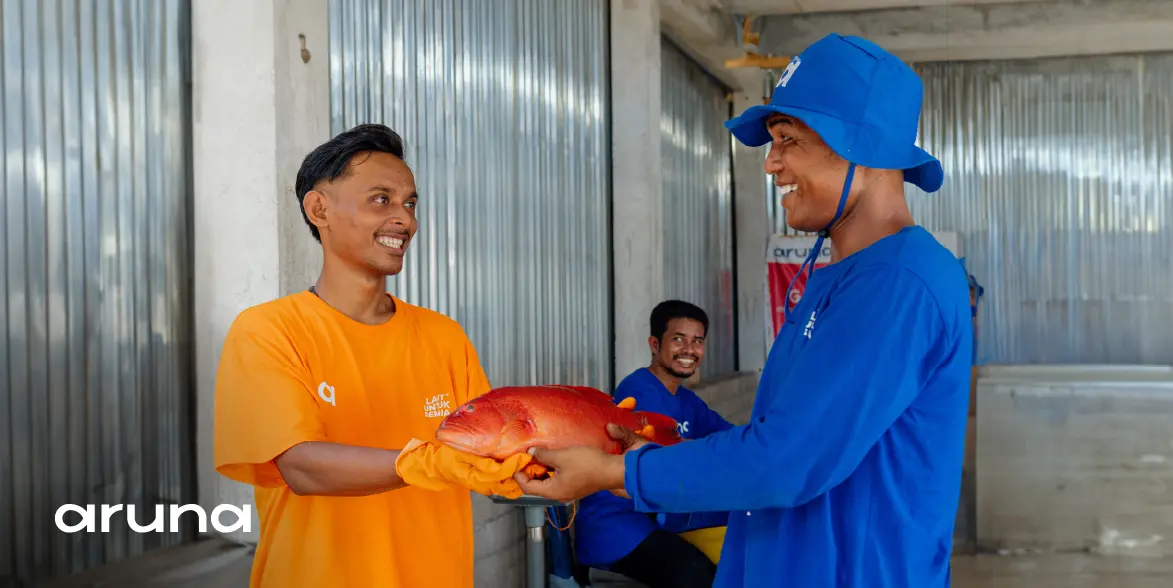
As a fisheries company committed to sustainability, Aruna utilizes product traceability standards to track all its products. Additionally, we implement environmentally friendly fishing practices and avoid overfishing, in line with regulations and principles of sustainable fisheries management.
Moreover, we believe that HR development is a crucial effort towards achieving fisheries sustainability. In this context, we ensure that all Aruna HR, including fishermen, coastal communities, and Local Heroes, understand the principles of sustainable fisheries and the importance of preserving the sea.
We invite the public and fisheries stakeholders to join efforts in supporting the PIT policy. All parties must actively contribute to preserving the sea and ensuring the sustainability of fisheries resources.
Through collaboration and shared commitment, we can achieve sustainable fisheries management and preserve marine ecosystems. The sea is a source of life for all living beings, and a sustainable sea will undoubtedly benefit society, the maritime sector, and fisheries in Indonesia.

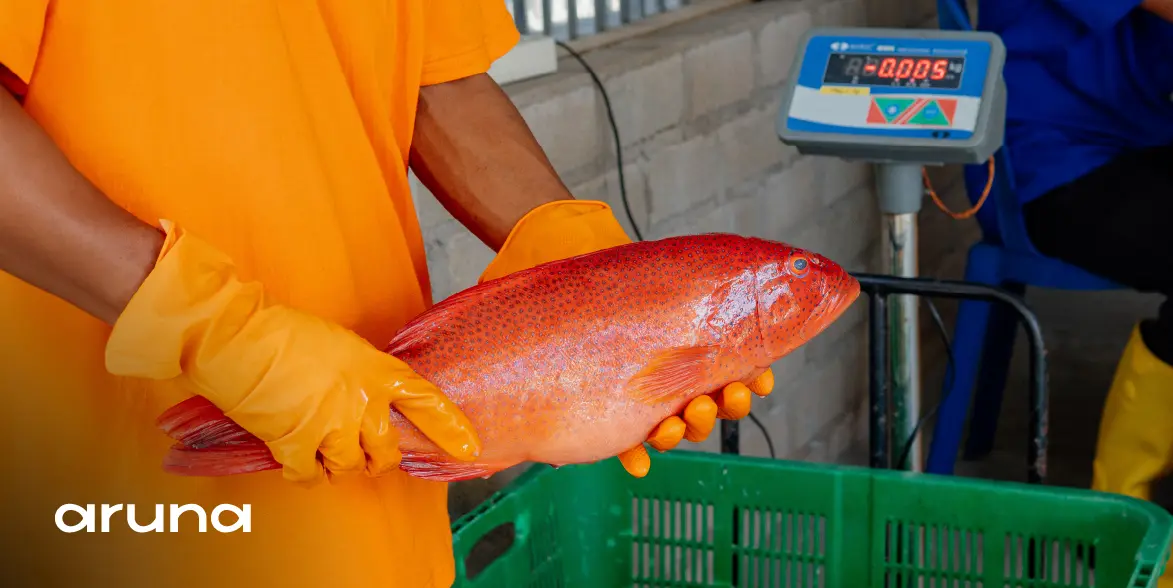






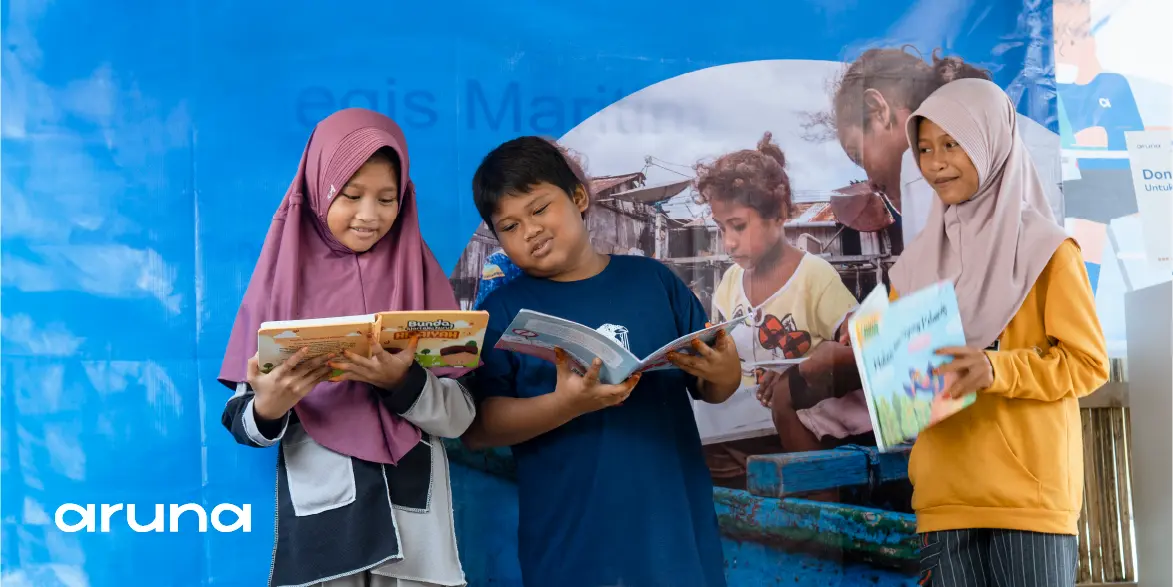
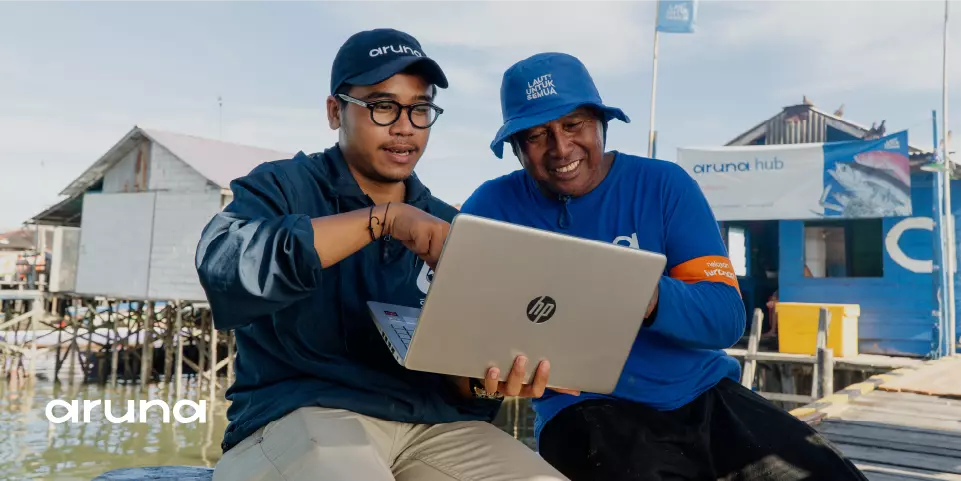
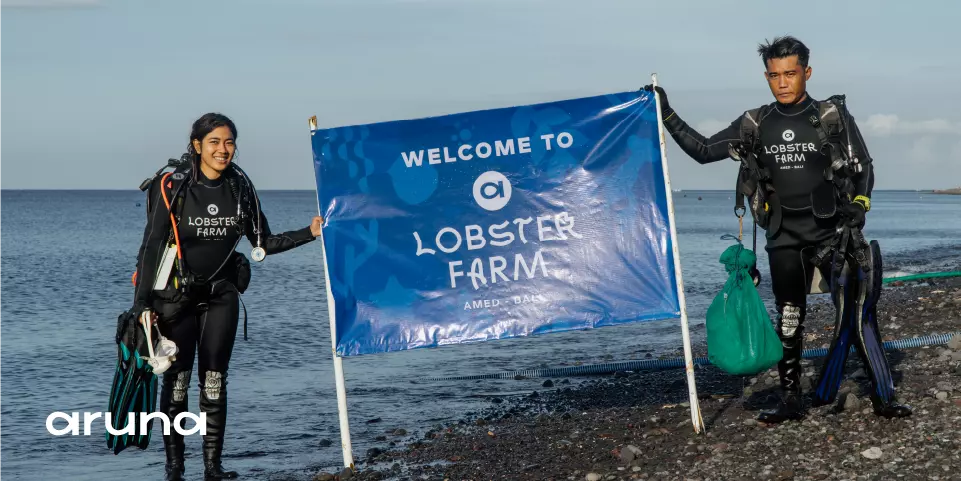
Leave a reply
No comments found.